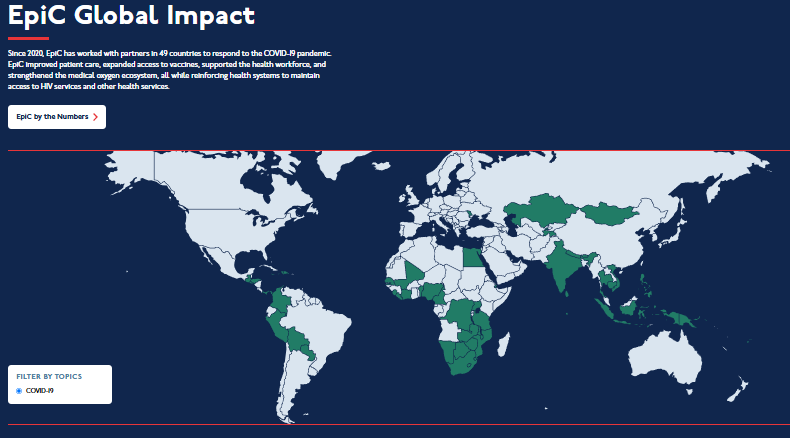Since 2020, the Meeting Targets to Maintain Epidemic Control (EpiC) project has worked with partner governments to respond to the COVID-19 pandemic. When COVID-19 emerged as a global health threat, several FHI 360-led projects were called on, including the EpiC project, to support government partners to maintain essential HIV services and respond to the COVID-19 pandemic. Since then, EpiC has built on existing HIV programs to support COVID-19 response and health systems strengthening in 54 countries across Africa, Asia and the Pacific, and Latin America.
See a map of EpiC’s contributions to the COVID-19 response in 54 countries.
Building on existing strong relationships with Ministries of Health and local implementing partners, EpiC was able to rapidly scale up COVID-19 activities and be responsive, innovative, and agile as the pandemic evolved. Emphasis was initially placed on strengthening critical care, as most patients were being treated in hospital ICU wards. As the number of COVID-19 patients overwhelmed ICUs and patients were increasingly treated in primary care and community settings, EpiC trained health care workers in these settings to provide high quality care. EpiC also helped health care workers protect their own physical and mental health and well-being. Once vaccines were available, EpiC was instrumental in helping countries roll out COVID-19 vaccination activities, delivering over 18,700,000 total doses across 16 countries and helping reduce transmission and severity of cases. As critical gaps in access to medical oxygen became evident during the height of the pandemic, USG invested over $72 million in EpiC to strengthen oxygen ecosystems and ensure sustained availability of oxygen for patients.
This new global map features EpiC’s partnerships and accomplishments during the COVID-19 pandemic across 54 countries. EpiC improved patient care, expanded access to vaccines, supported the health workforce, and strengthened the medical oxygen ecosystem, all while reinforcing health systems to maintain access to HIV services and other health services. Following are just a few highlights:
In Eswatini, EpiC promoted COVID-19 vaccine uptake through traditional and social media and radio advertisements, reaching over 1.5 million people.
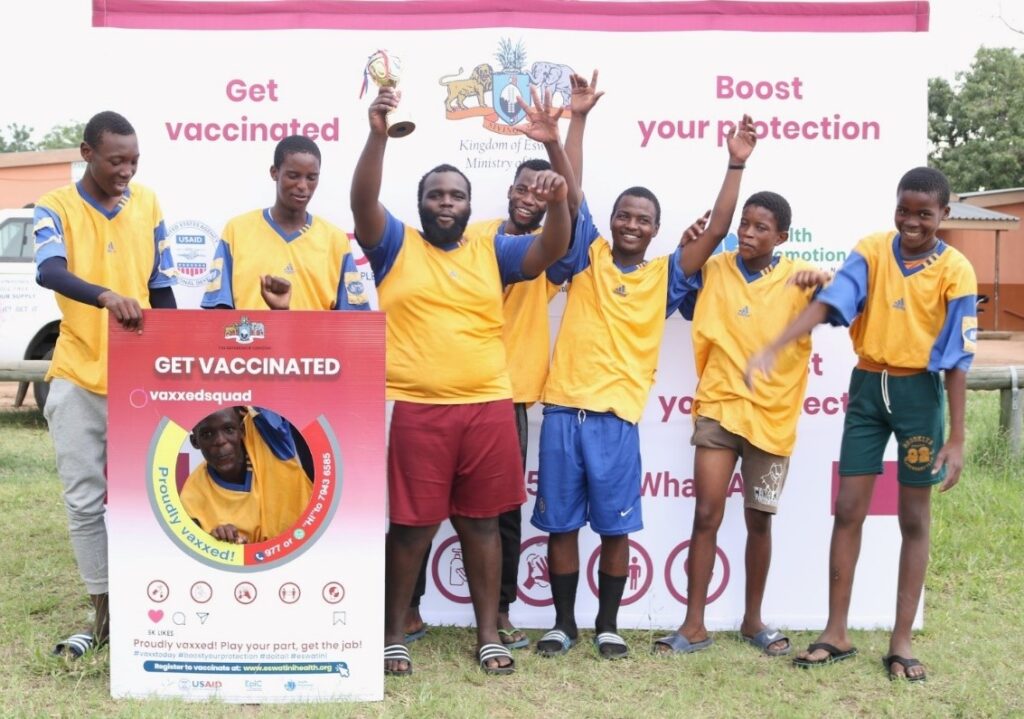
In El Salvador, EpiC enhanced COVID-19 testing availability by procuring 17,000 rapid COVID-19 tests and partnering with the Ministry of Health on the “Test to Treat” initiative that created demand for COVID-19 testing.
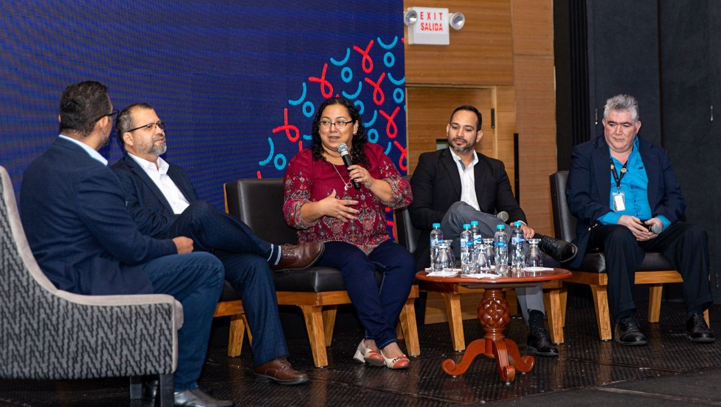
In Vietnam, EpiC supported a province-wide strategy to strengthen occupational mental health services for health workers in Ho Chi Minh City, Vietnam’s most populous province, with approximately 60,000 health care staff. The project partnered with the Department of Health to implement interventions focused on communication, capacity building, and creating a supportive mental health work environment. This initiative mitigated the lingering effects of the pandemic on health care staff and strengthened their resilience and capacity to respond to future crises.
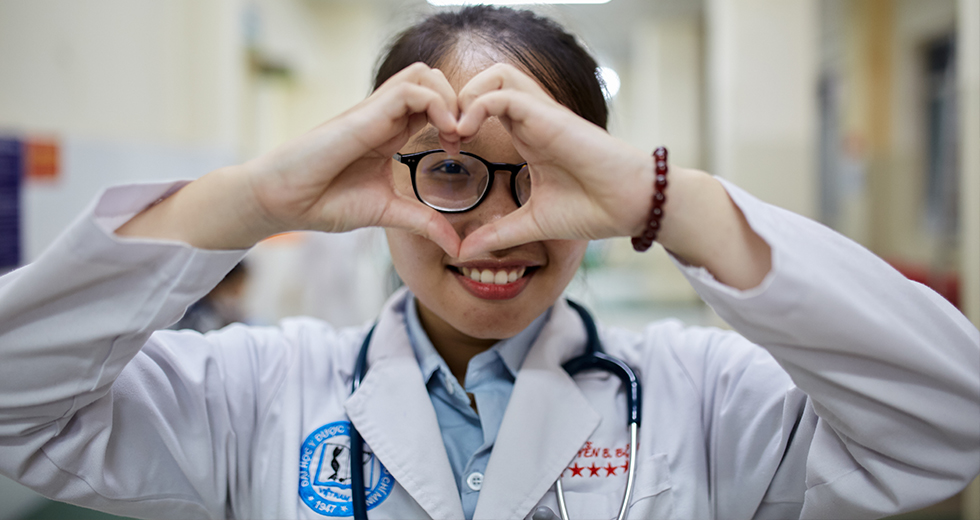
In Cote d’Ivoire, EpiC completed construction and inaugurated medical liquid oxygen infrastructure at six health facilities, resulting in the capacity to provide oxygen to 1,553 patient beds.
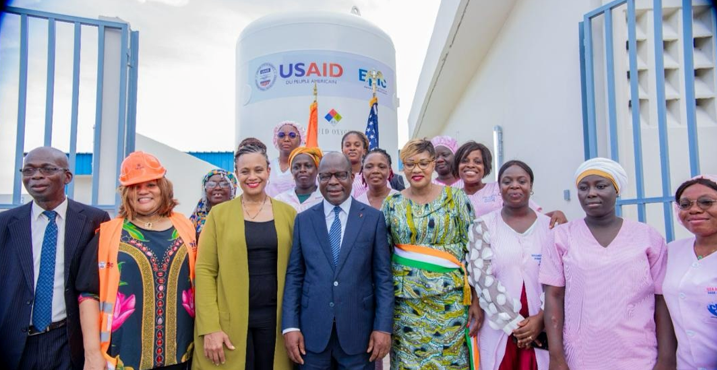
In Nepal, EpiC strengthened the capacity of the National Public Health Laboratory to conduct genomic sequencing by supplying reagents, IT equipment, software, training, and short-term human resources, resulting in the identification of the first cases of the Omicron variant in the country.
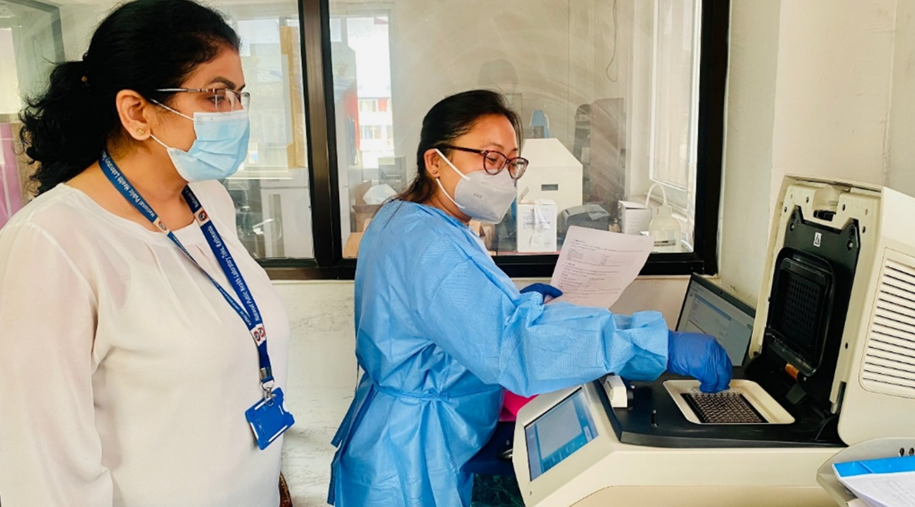
In Cambodia, EpiC ensured that access to HIV services was not interrupted by the COVID-19 pandemic. The project provided personal protective equipment, soap, and sanitizer through the National Centre for HIV/AIDS Dermatology and STDs (NCHADS) and community-based partner organizations to protect health care workers at 72 ART sites across all 25 provinces.
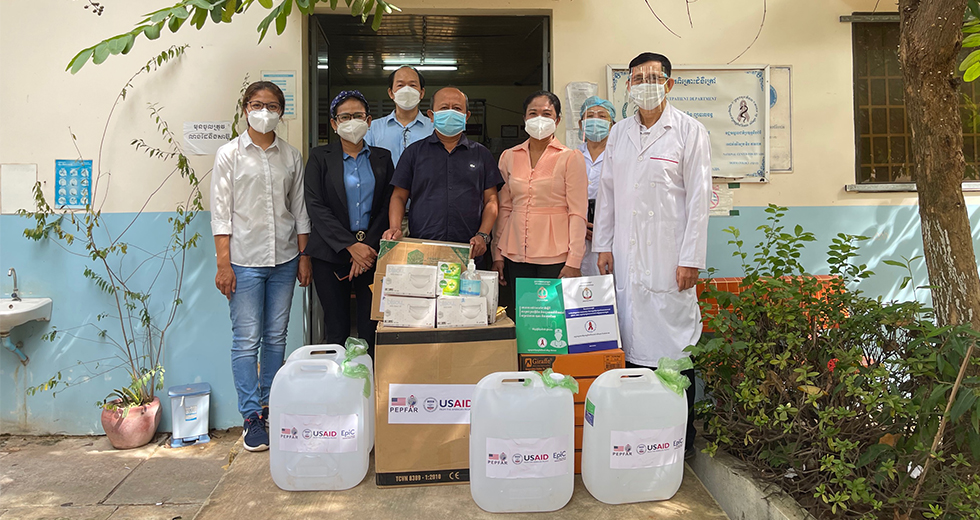
Now, EpiC is applying lessons learned from our COVID-19 response work to promote global health security. EpiC is partnering with country governments to be better prepared and able to respond to any public health emergency or emerging infectious disease.

